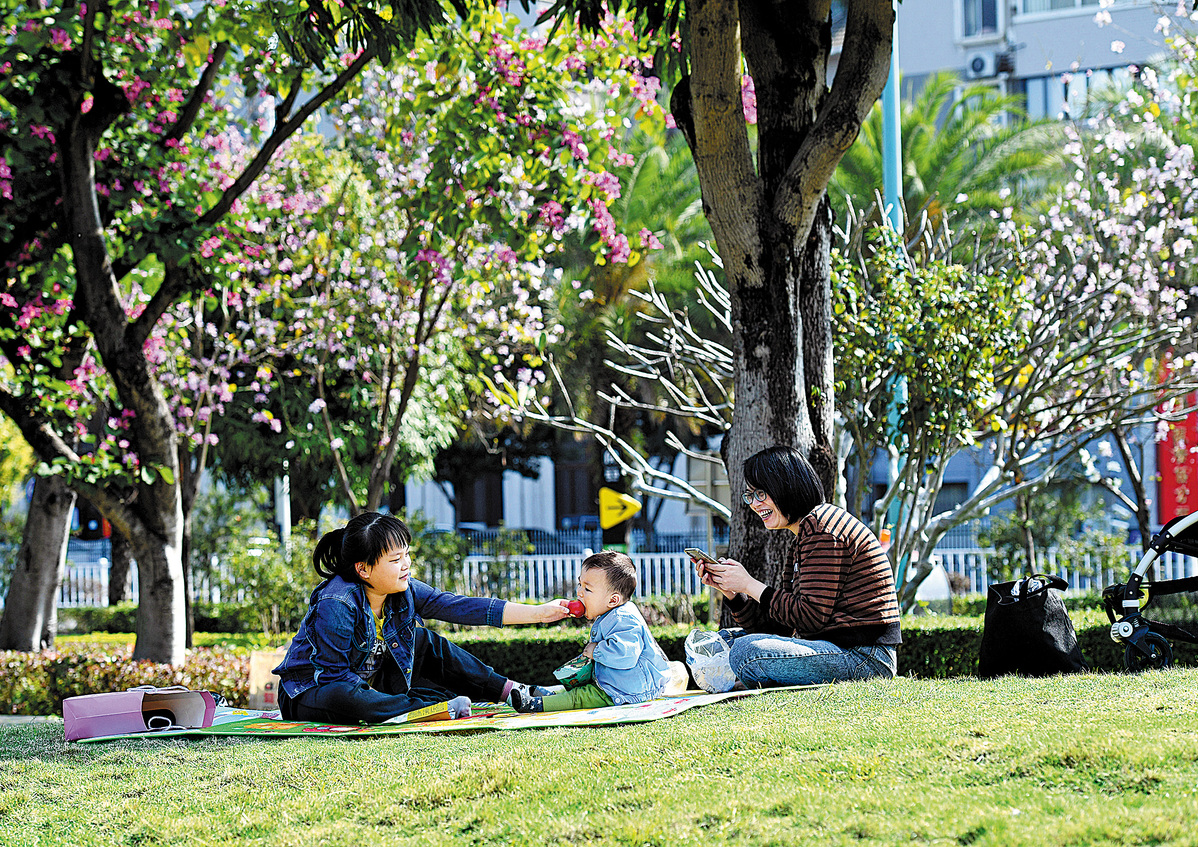Cities ponder business life after COVID


Luo said people living in cities, especially the urban middle class, may continue to work in city centers while owning a home in the suburbs.
"Of course, this is not just evident because of COVID-19, but existed before the crisis. It is the same with the high cost of living and inconvenience of big city life. COVID-19 did not create these (situations) but exacerbated them."
Luo said COVID-19 has had an impact on city life, especially cultural activities.
"If we look at the damage the pandemic has done to city life, there's no doubt that people's cultural lives have borne the brunt since the beginning of the outbreak," she said.
"Cultural activities in big cities have been drastically reduced, along with public space for such events.
"Cross-city or cross-border cultural events and products have been fraught with uncertainty," Luo said, adding that such doubts affect the flow of good cultural products between cities.
"The need for public life is part of human nature. The pandemic has challenged it in two ways.
"First, we need to figure out a way to ensure a high quality of public life if we have to live with the pandemic for a long time.
"Second, people living in cities should rethink what public cultural life brings them and what kind of private life could lead to a better public cultural one," said Luo, who specializes in urban culture and social space.
She added that many young people who have started working from home or learning online are becoming increasingly used to this. They tend to see no difference between physical presence and virtual presence.
"This may reshape the way in which they understand themselves and how they interact with the world. This is noteworthy and needs more discussion," Luo said.


















